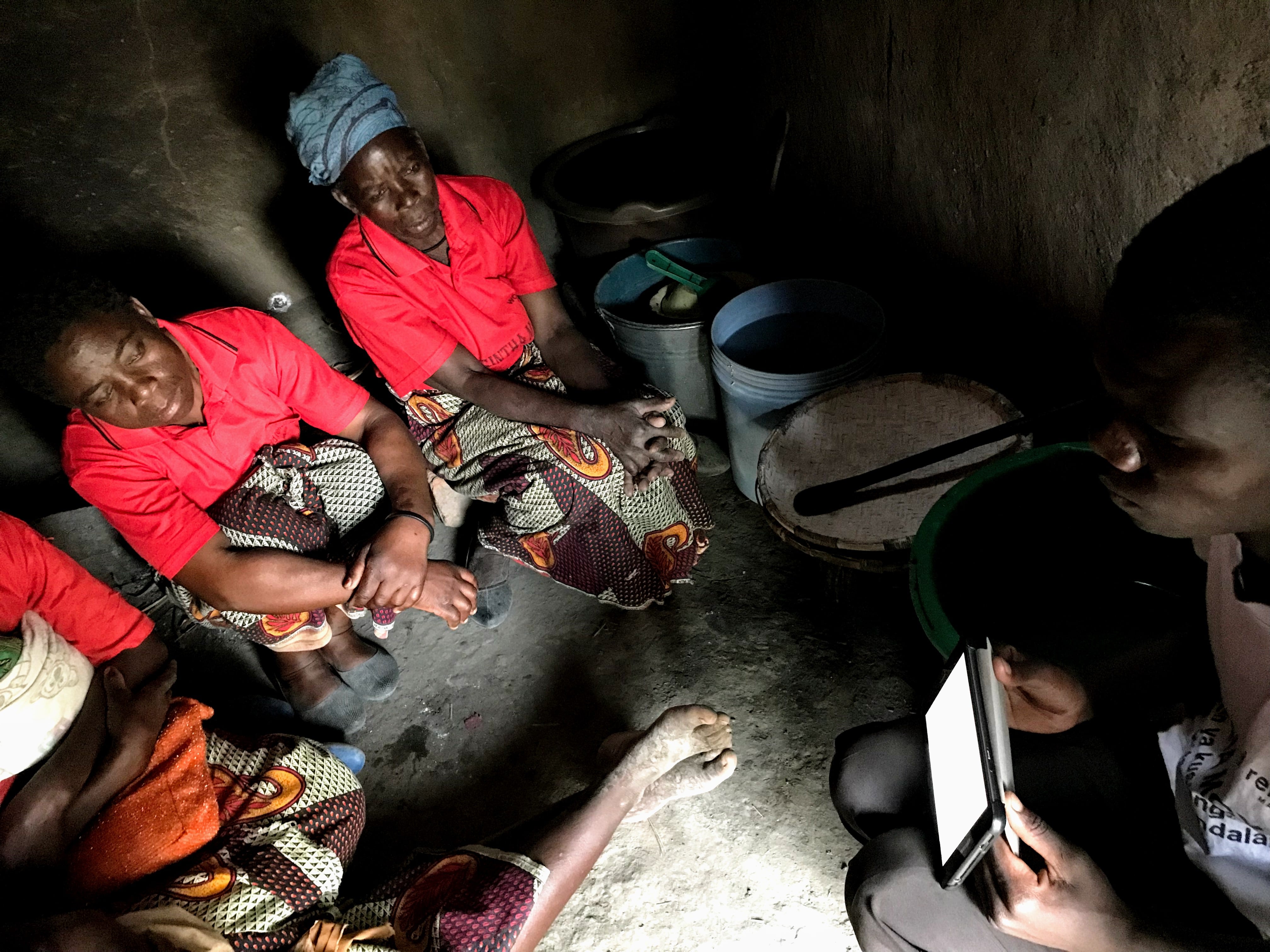Feb 11, 2020 | by Paul Rippey

Nudging, a technique within behavioral economics, is based on the idea that we can achieve big differences in our results by adjusting the way we talk, the way we describe choices, and the very words we use to communicate. While the principles of nudging have been known to advertisers for a long time, the concept has grown in visibility significantly in the last couple of decades. Two important books in this area led to Nobel Prizes (“Nudge: Improving Decisions About Health, Wealth, and Happiness”, 2008, by Richard Thaler and Cass Sunstein and “Thinking, Fast and Slow” 2011, by Daniel Kahneman, and), and the World Bank devoted an entire issue of their World Development Report to behavioral economics (“Mind, Society, and Behavior”, 2015).
From 2017 to 2019, World Relief experimented with nudging to see if they could make their very productive Savings Group program even more efficient, and reach even more of the previously excluded, in the areas they work in Malawi. As popular as their Savings Groups are, they knew that the very poorest of the poor are seldom members. And yet, saving has been shown to be important for the poorest, who need a financial cushion more than anyone else. Grassroots Finance, an informal group of Savings Group practitioners, Rotarians and others, provided about ten thousand dollars to cover the costs of the test; most of that money went for an evaluation and technical assistance; the actual implementation cost only a small fraction of the total.
We started out in May of 2018 to analyze why the very poorest did not join groups. We sat down with some of the field staff to find out how they talked about savings groups to members and potential members. We asked them to role play, recorded what they said, and then analyzed the recordings to determine keywords, first mentions, and word counts. Some of the things we noticed:
We brainstormed and came up with three nudges – changes in the way we asked the field staff to talk about Savings Groups. Most were easily understood by the staff and quickly adopted. For each nudge, we created a control area and took steps to keep the nudges from contaminating the control zones. Because of the limited time we had, and to assure that field staff delivered messages consistently and widely, we made short videos using group members’ own words to carry some of the messages; we shot and edited the videos on a simple tablet, taking no more than a day for each. We rented some tablets for a few weeks to show them to SG members. We had not budgeted for the video component, but we were able to fund it out of our small budget.
World Relief ran the test ran for ten months; the comparison of the baseline and end-line data showed some startling results: in the test zone, membership more than doubled, a much higher increase than in the control zone. New members in the test zone were much poorer than those in the control zone. The videos proved a low cost and effective way to transmit messages. Overall, we found the evidence was convincing that the nudges led to a significant increase in inclusion. The test also had other benefits, some unanticipated, that are described in our report. You can delve deeper into results in a report here.
We will explore nudging during our Peer Learning Session at SG2020 in Durban, South Africa next month. Join us Giving Them a Nudge: Helping People Make Better Decisions, scheduled for Wednesday, March 11. We believe that nudging isn’t rocket science, but it IS science. We will explain and demonstrate nudging and other behavioral science tools, and participants will have a chance to test out some new ideas during the session. Participants will leave with useful printed references, explanations and tools.
Paul Rippey is a songwriter, climate change activist, and consultant to savings group programs. He tends to trust people more than corporations, so most of his activities are designed to further a world where people manage their own money, make their own music, and generate at least some of their own electricity. For the last ten years, he has edited a blog, Savings-Revolution.org, that supports those ideas.
Categories: Blog WebinarsBlogs

1621 North Kent Street, Ste 900,
Arlington, VA, 22209
P 202.534.1400
F 703.276.1433
Website Photos: © mari matsuri
